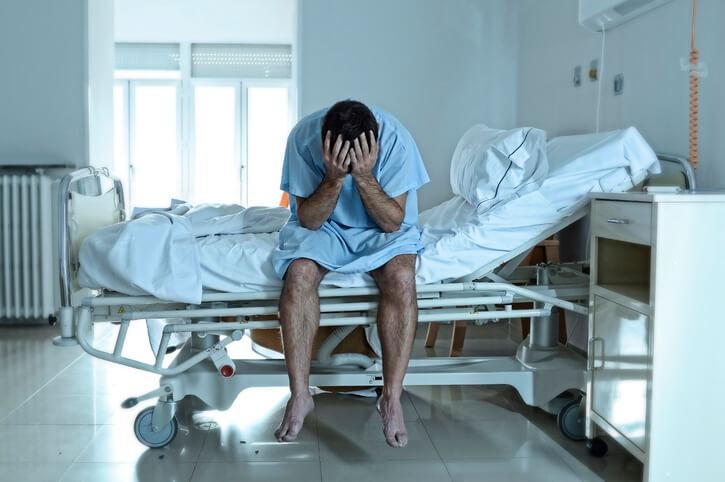
- posted: Aug. 22, 2013
In the politically charged atmosphere surrounding the Affordable Care Act, it is hard to get a straight answer about whether medical bankruptcies are a driving factor behind personal insolvency in the United States.
By some measures, medical bills are a contributing cause in over 60 percent of bankruptcies filed in the United States. Others say job loss affects those numbers. Regardless of the politics, if you face overwhelming medical expenses due to illness or injury to yourself or a family member, is bankruptcy an option for you?
Struggling with medical debt and illness is a terrible burden to any individual and any family. If you are responsible for medical expenses you cannot possibly pay, consider these points:
- There are several means for dealing with catastrophic medical expenses. When you are overdue with medical bill payments, speak with your physician or health care provider to try to negotiate a payment plan or outright reduction in your bill. Many practices and doctors would rather see some payment as opposed to none if you are able to discharge the debt through a Chapter 7 bankruptcy.
- If bankruptcy is your only option, speak with an experienced bankruptcy lawyer about whether you are eligible for Chapter 7, liquidation, or Chapter 13, wage earner, bankruptcy. A Chapter 7 bankruptcy allows you to discharge unsecured debt while a Chapter 13 bankruptcy may reduce your medical debt but leave you financially responsible for paying some of the expense over a three- to five-year period.
- If facing a serious medical challenge, consider waiting to file for bankruptcy until your treatment is complete or the injury or illness has subsided.
If bankruptcy is your best option, include all debt, not just your medical expenses and obtain advice from a skilled bankruptcy attorney before filing.

- posted: Aug. 22, 2013
In the politically charged atmosphere surrounding the Affordable Care Act, it is hard to get a straight answer about whether medical bankruptcies are a driving factor behind personal insolvency in the United States.
By some measures, medical bills are a contributing cause in over 60 percent of bankruptcies filed in the United States. Others say job loss affects those numbers. Regardless of the politics, if you face overwhelming medical expenses due to illness or injury to yourself or a family member, is bankruptcy an option for you?
Struggling with medical debt and illness is a terrible burden to any individual and any family. If you are responsible for medical expenses you cannot possibly pay, consider these points:
- There are several means for dealing with catastrophic medical expenses. When you are overdue with medical bill payments, speak with your physician or health care provider to try to negotiate a payment plan or outright reduction in your bill. Many practices and doctors would rather see some payment as opposed to none if you are able to discharge the debt through a Chapter 7 bankruptcy.
- If bankruptcy is your only option, speak with an experienced bankruptcy lawyer about whether you are eligible for Chapter 7, liquidation, or Chapter 13, wage earner, bankruptcy. A Chapter 7 bankruptcy allows you to discharge unsecured debt while a Chapter 13 bankruptcy may reduce your medical debt but leave you financially responsible for paying some of the expense over a three- to five-year period.
- If facing a serious medical challenge, consider waiting to file for bankruptcy until your treatment is complete or the injury or illness has subsided.
If bankruptcy is your best option, include all debt, not just your medical expenses and obtain advice from a skilled bankruptcy attorney before filing.




